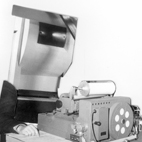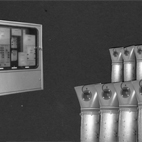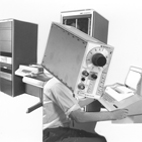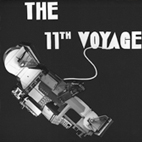




Since the 1960s, we have come to see the bureaucrat as the natural enemy of creative freedom. Synonymous with mediocrity, a petty clinging to power, anti-heroism, tedium and impotency, bureaucracy is often portrayed as a disease of modernity, which reduces the unique character of every single life to statistical probability and efficiency. Within the European art world, a common complaint is directed against public funding bodies, like Arts Council England in Britain, which, following vague and arbitrary managerial targets, support and promote compromised works of art that lack conviction or authenticity. Bureaucracy is seen as a side effect of highly complicated modern systems and never as an ideologically motivated politics in its own right. In this respect, bureaucracy is thought of as the engine of all modern political systems, liberal democratic or totalitarian, capitalist or communist, centralist or in a near anarchic state of breaking down of the nation state: all modern societies share the sacrifice of the individual to the arbitrariness of the management of large, complex systems. [Read more]